My job can’t just be- to calmly document the end of the world.” Rose Abramoff, Earth Scientist.
Peter Kalmus, a climate scientist, is in constant freak out mode, as he is plagued by the increasing certainty that, “if we continue burning fossil fuels at this pace, that will render large parts of the planet uninhabitable.” He further went on to say that “policymakers in general are not responding appropriately to the science that we’ve been giving them.” At the 2023 American Geophysical Union Conference in San Francisco, Rose Abramoff, an earth scientist and Peter Kalmus leapt onto the stage and unfurled a banner for Scientist Rebellion. Kalmus yelled, “As scientists we have tremendous leverage, but we need to use it.” Rose Abramoff pleaded, “Please. Please. Find a way to take action.” They were both taken offstage and banned from the conference. Another climate scientist, Dr. Michael Mann, has been in court for over ten years fighting to clear his name after the Competitive Enterprise Institute, which has said that it “questions global warming alarmism,” and compared Dr. Mann on a blog hosted by the institute, to a convicted sex offender “Instead of molesting children,” the post read, “he has molested and tortured data in the service of politicized science.” Then a conservative writer republished parts of that post on a blog hosted by National Review and added that Dr. Mann was “behind the fraudulent climate-change ‘hockey stick’ graph.” After ten years in court, a jury in Washington DC recently found both writers were liable for defamation and Dr. Mann was awarded one million dollars in punitive damages. We all know that the climate is warming, polar ice is melting, glaciers are receding, the chemistry of the ocean is becoming dangerously acidic and sea levels are rising. Yet the scientists researching the fallout from those facts which were established more than 100 years ago, continue to face attacks that threaten their research, reputations and livelihoods. Science, yes science, and facts, yes, facts must be used to determine how climate affects the environment. We must support scientists and facts over lies and conspiracy theories. Dr. Mann fought for his right to not be harassed, and Peter Kalmus and Rose Abramoff will not let extremism replace the research that clearly points to the fact that the extraction and burning of fossil fuels by the oil and gas industries, is one of the leading causes of climate change. Our resident environmentalist, political analyst and curmudgeon George Polisner, founder of Civ.works, gives us some insight into climate science, and we discuss how Climate Scientists are fighting back in court. We also touch on the latest blow to women’s reproductive rights, as a controversial Alabama Supreme Court decision stopped IVF treatments, stating that frozen embryos, whether they are within or outside a uterus, are considered children.
For past shows go to HudsonRiverRadio.com, Malcolmpresents.com and themanyshadesofgreen.com. Follow TMSOG on Facebook, Instagram and Threads @tmshadesofgreen and tune into TMSOG podcast on Apple, Amazon, Spreaker.com, Spotify and more. #RaiseYourEcoConsciousness.
The Many Shades of Green is proud to be on Feedspot’s list of the 50 Best Environmental podcasts to follow in 2024 (at number 8). https://podcasts.feedspot.com/environmental_podcasts/


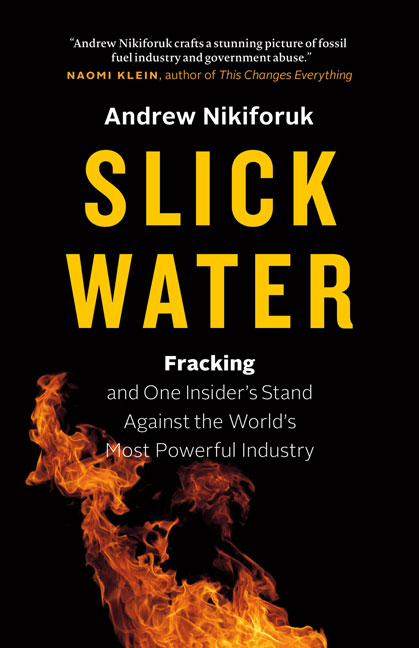 It is no secret that mainstream media coverage of environmental issues is slow-moving, and many stories go un-reported in the press. Climate change deniers spout their ideology with reckless abandon. Enter my guest this week, Andrew Nikiforuk, an award winning environmental writer based in Calgary, Canada, who has written a new book about the hydraulic fracturing industry entitled Slick Water: Fracking and One Insider’s Stand Against the World’s Most Powerful Industry. The book traces the saga of Jessica Ernst, and the path she takes to hold Encana Oil and Canada’s environmental government agencies, responsible for secretly fracking hundreds of gas wells around her home, in a rural area northeast of Calgary. A cover-up ensues, which leads Ms. Ernst to take legal action against the various parties for their role in contaminating land, water and air in her community. For more information
It is no secret that mainstream media coverage of environmental issues is slow-moving, and many stories go un-reported in the press. Climate change deniers spout their ideology with reckless abandon. Enter my guest this week, Andrew Nikiforuk, an award winning environmental writer based in Calgary, Canada, who has written a new book about the hydraulic fracturing industry entitled Slick Water: Fracking and One Insider’s Stand Against the World’s Most Powerful Industry. The book traces the saga of Jessica Ernst, and the path she takes to hold Encana Oil and Canada’s environmental government agencies, responsible for secretly fracking hundreds of gas wells around her home, in a rural area northeast of Calgary. A cover-up ensues, which leads Ms. Ernst to take legal action against the various parties for their role in contaminating land, water and air in her community. For more information 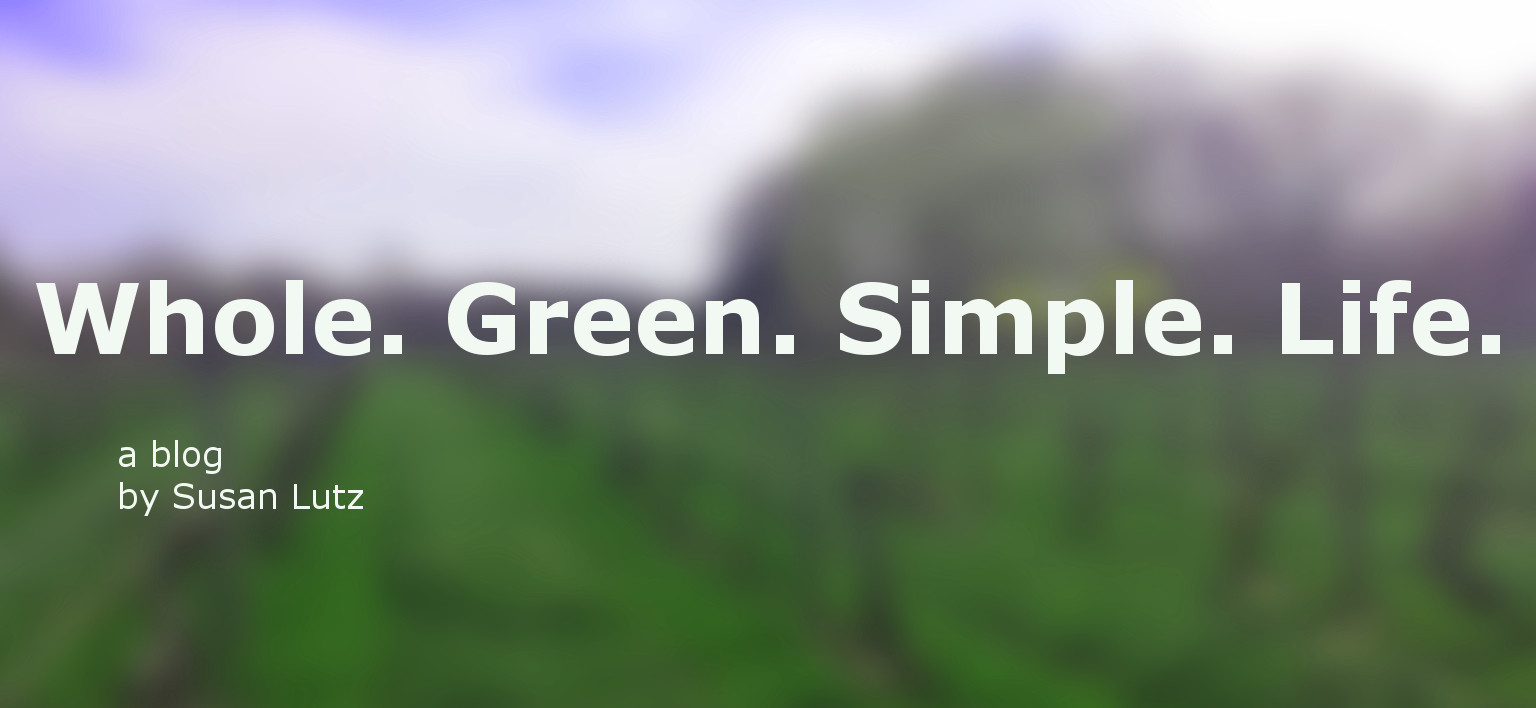
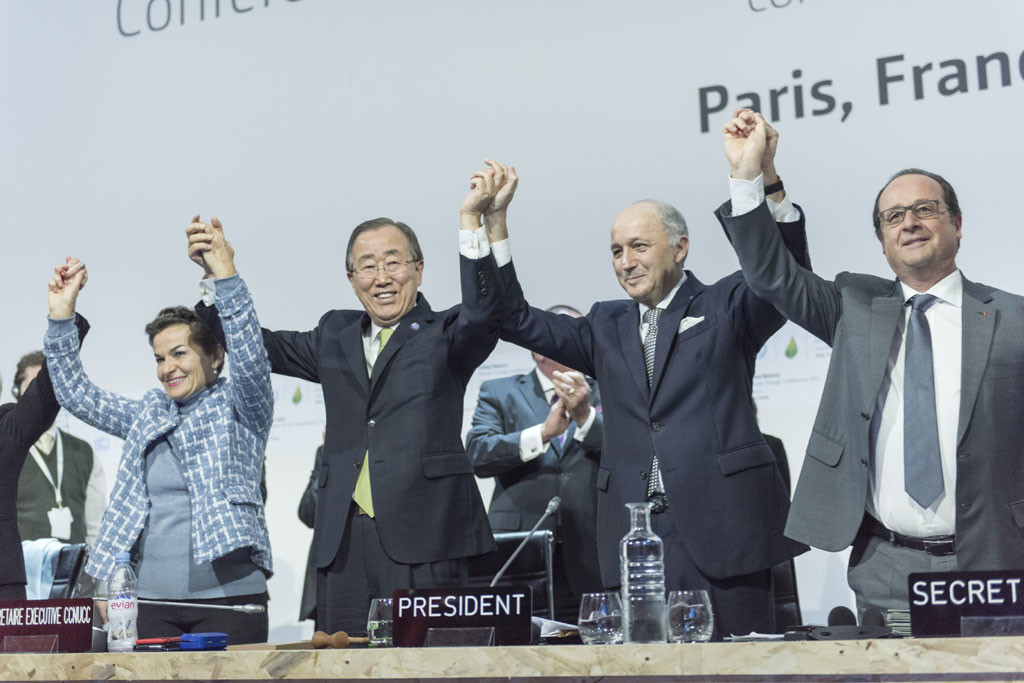
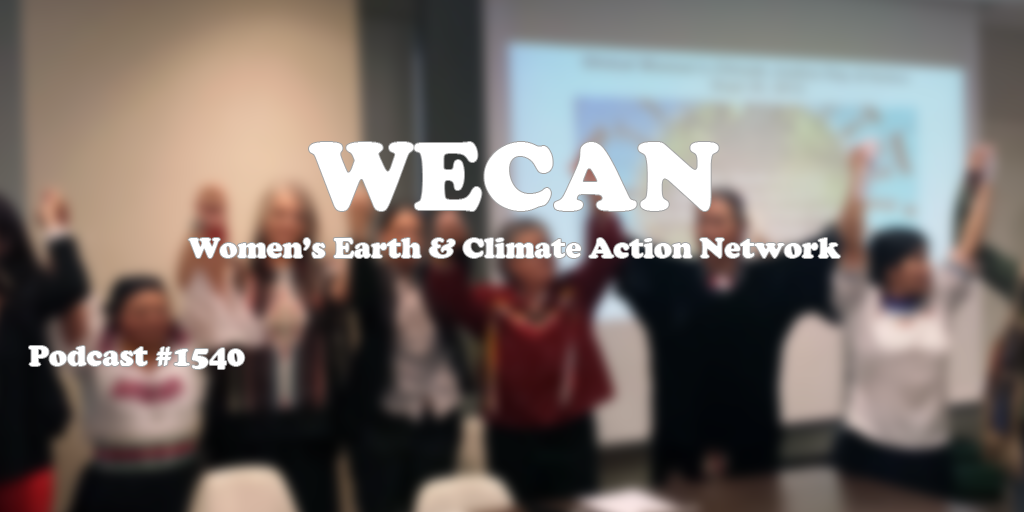
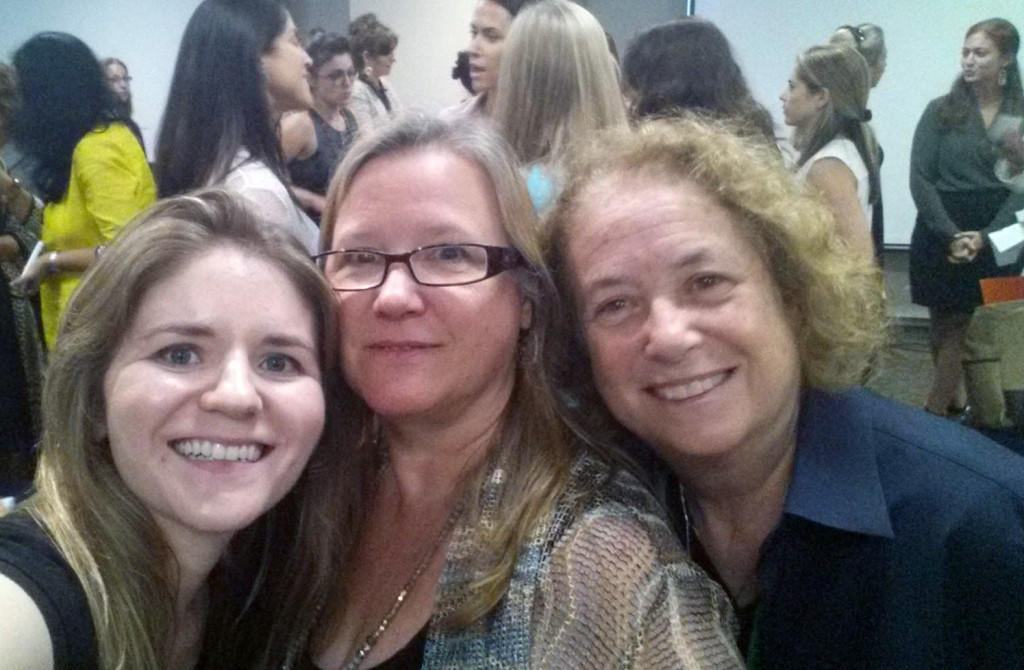 This weeks episode takes us to the Global Women’s Climate Justice Day of Action at the UN, sponsored by the Women’s Earth and Climate Action Network (WECAN). This event was attended by women from over 50 countries. To have such a collection of amazing women in one place, who presented stories of courage and resilience in combating climate change was deeply touching. Women play a key role in adapting solutions to climate change, and it was an honor to speak with WECAN founder Osprey Lake, environmentalist visionary Sally Ranney, as well as Neha Misra founder of Solar Sister, Harriet Shugarman Executive Director of ClimateMama, Executive Director of CELF Katie Ginsberg and student Coreena, and Patricia Gualinga-Montalvo, Indigenous Leader of Ecuador, whose interview was translated by Amazon Watch’s Executive Director Leila Salazar-López. For more information visit
This weeks episode takes us to the Global Women’s Climate Justice Day of Action at the UN, sponsored by the Women’s Earth and Climate Action Network (WECAN). This event was attended by women from over 50 countries. To have such a collection of amazing women in one place, who presented stories of courage and resilience in combating climate change was deeply touching. Women play a key role in adapting solutions to climate change, and it was an honor to speak with WECAN founder Osprey Lake, environmentalist visionary Sally Ranney, as well as Neha Misra founder of Solar Sister, Harriet Shugarman Executive Director of ClimateMama, Executive Director of CELF Katie Ginsberg and student Coreena, and Patricia Gualinga-Montalvo, Indigenous Leader of Ecuador, whose interview was translated by Amazon Watch’s Executive Director Leila Salazar-López. For more information visit 
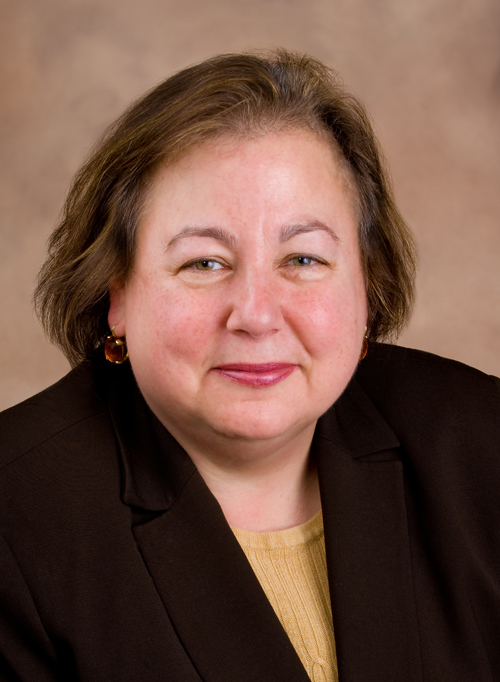 How compassionate is the New York State Compassionate Care Act of 2014 legalizing the use of medical marijuana? My guest this week, New York State Senator Liz Krueger, a lead advocate for legalizing marijuana for both medicinal and also for recreational use, gives us some insight into the pros and cons of the current bill, and why it needs to be enhanced to allow coverage for more diseases. Senator Krueger has also sponsored the Fossil Fuel Divestment Act to limit the investment in oil and gas stocks in NYS pension funds. For more information go to: nysenate.gov/senators/Liz-Kruger or send a tweet @LizKrueger
How compassionate is the New York State Compassionate Care Act of 2014 legalizing the use of medical marijuana? My guest this week, New York State Senator Liz Krueger, a lead advocate for legalizing marijuana for both medicinal and also for recreational use, gives us some insight into the pros and cons of the current bill, and why it needs to be enhanced to allow coverage for more diseases. Senator Krueger has also sponsored the Fossil Fuel Divestment Act to limit the investment in oil and gas stocks in NYS pension funds. For more information go to: nysenate.gov/senators/Liz-Kruger or send a tweet @LizKrueger
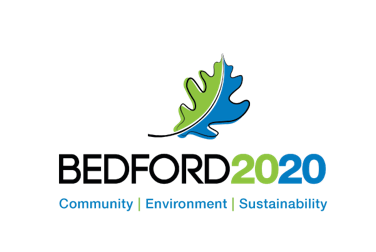 This week’s program takes place at the Bedford 2020 Summit and Solar Action Day. We spoke to Andrew Revkin, writer of the Dot Earth Blog for the New York Times, as well as Peter Olmsted, East Coast Regional Director for Vote Solar. We also spoke to Mayor Michael Cindrich of Mt. Kisco, NY about the solar projects on his agenda. Keynote Speaker Amory Lovins, of The Rocky Mountain Institute, spoke about new energy technologies that are on the horizon for the future of electricity. It was a gathering of innovators, educators and community, all working to promote solar and other renewable energy, in an effort to help create actionable solutions to green house gas emissions. A special thank you to Heather Flournoy for her hard work and hospitality. For more information go to
This week’s program takes place at the Bedford 2020 Summit and Solar Action Day. We spoke to Andrew Revkin, writer of the Dot Earth Blog for the New York Times, as well as Peter Olmsted, East Coast Regional Director for Vote Solar. We also spoke to Mayor Michael Cindrich of Mt. Kisco, NY about the solar projects on his agenda. Keynote Speaker Amory Lovins, of The Rocky Mountain Institute, spoke about new energy technologies that are on the horizon for the future of electricity. It was a gathering of innovators, educators and community, all working to promote solar and other renewable energy, in an effort to help create actionable solutions to green house gas emissions. A special thank you to Heather Flournoy for her hard work and hospitality. For more information go to 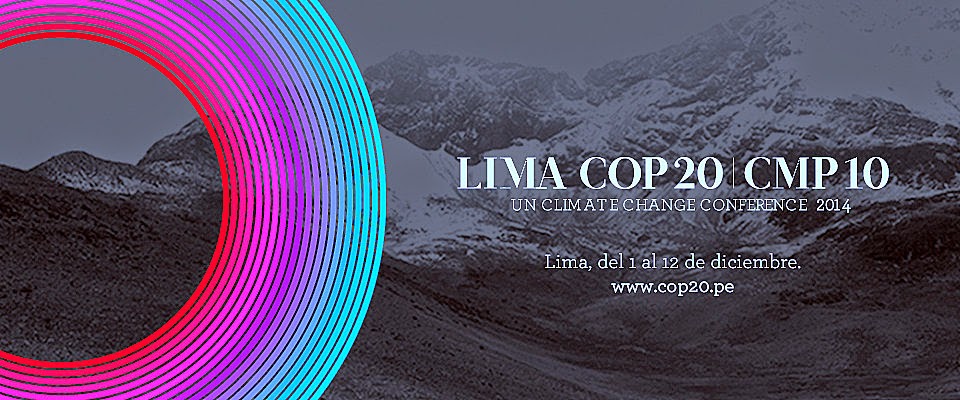
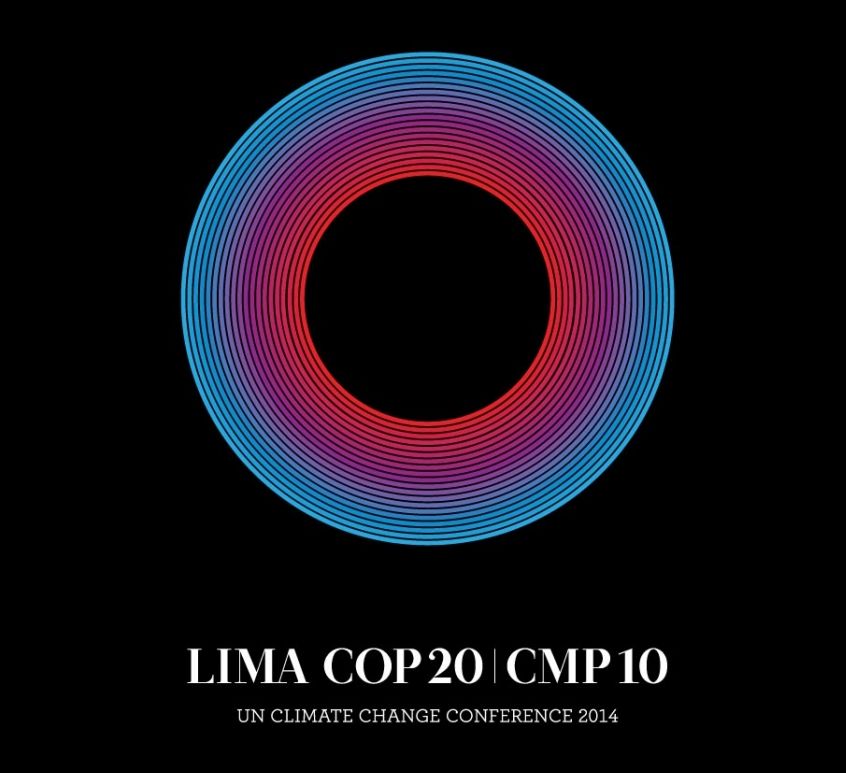 By
By 
 We cannot continue spewing massive amounts of carbon dioxide into the atmosphere without dangerous consequences. 350.org is using grassroots efforts to help reduce carbon emissions via education, rallies, writing campaigns, and events like DO THE MATH. May Boeve, Executive Director of 350.org explains the dangers of carbon emissions, and what we need to do to keep the levels at 350 ppm. Listen in and Do The Math. Special guest legal commentator, Elon D.
We cannot continue spewing massive amounts of carbon dioxide into the atmosphere without dangerous consequences. 350.org is using grassroots efforts to help reduce carbon emissions via education, rallies, writing campaigns, and events like DO THE MATH. May Boeve, Executive Director of 350.org explains the dangers of carbon emissions, and what we need to do to keep the levels at 350 ppm. Listen in and Do The Math. Special guest legal commentator, Elon D.